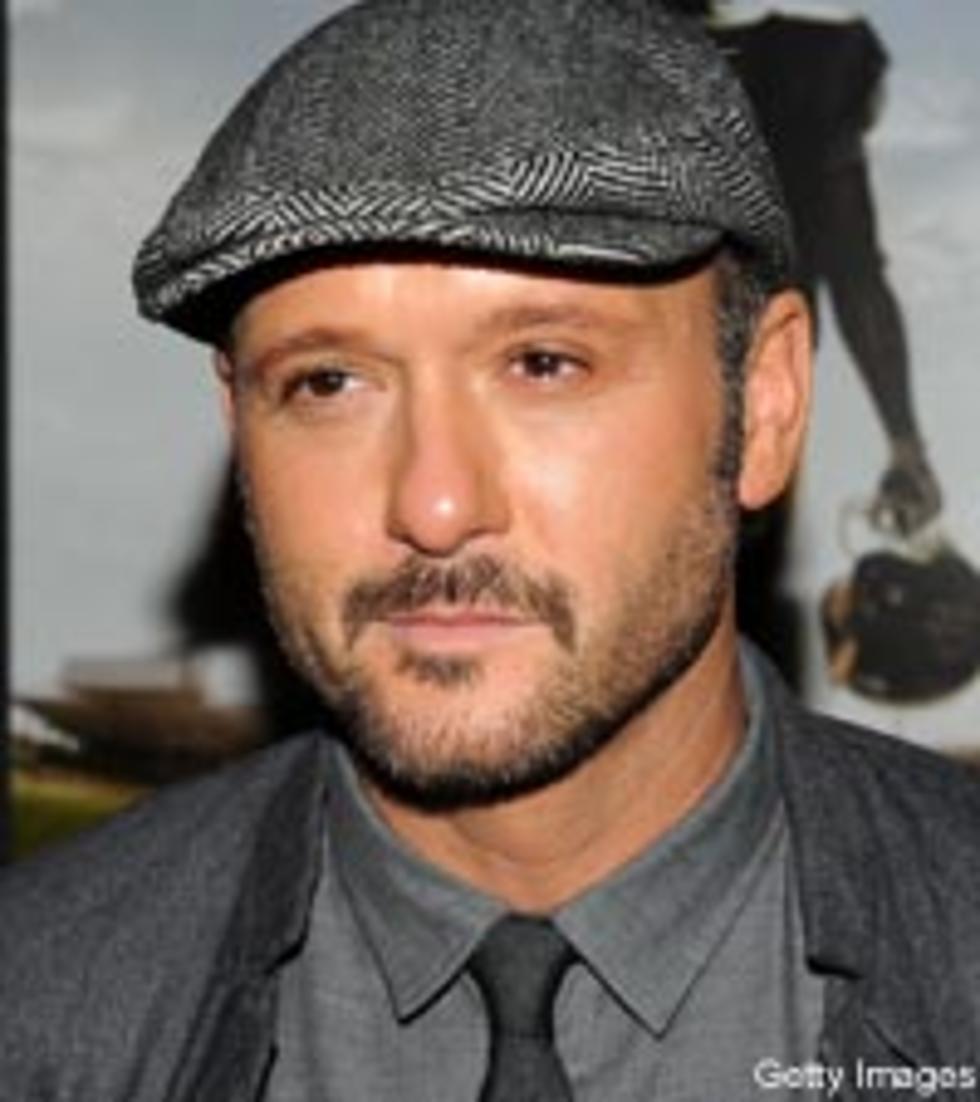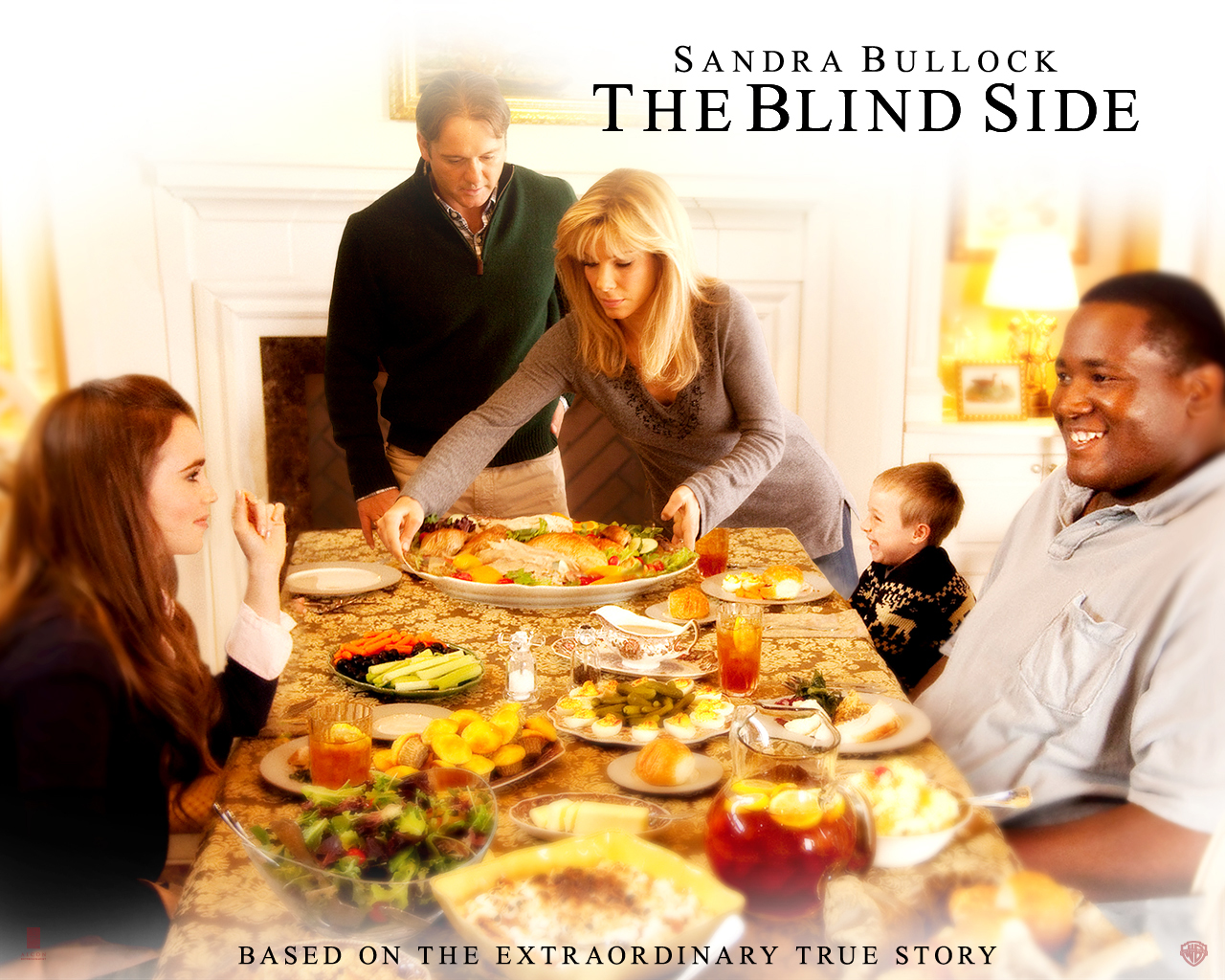Tim McGraw's Role In "The Blind Side": A Comprehensive Analysis
Tim McGraw's role in "The Blind Side" has captivated audiences worldwide, showcasing his versatility as an actor while maintaining his status as a legendary country music icon. This article delves into the nuances of his performance, the impact of the movie, and the broader context of his career. Whether you're a fan of his music or a movie enthusiast, this article will provide valuable insights into the intersection of McGraw's acting and musical careers.
Tim McGraw, known primarily for his chart-topping country hits, ventured into acting with the critically acclaimed movie "The Blind Side." His portrayal of Buddy Collins brought depth and authenticity to the story, earning him praise from both critics and audiences alike. This article explores the intricate details of his performance, the production process, and the cultural significance of the film.
Through a detailed examination of McGraw's acting techniques, the historical context of "The Blind Side," and its enduring legacy, this article aims to provide a comprehensive understanding of McGraw's contribution to the film. Whether you're interested in the behind-the-scenes process or the broader implications of the movie, this article offers a wealth of information that will enhance your appreciation of this iconic film.
Read also:Gabby Green Rising Star In The World Of Entertainment And Social Media
Table of Contents
- Biography of Tim McGraw
- Tim McGraw's Role in "The Blind Side"
- Impact of "The Blind Side"
- McGraw's Acting Career
- McGraw's Music Career
- Production of "The Blind Side"
- Themes in "The Blind Side"
- Critical Reception
- Legacy of the Film
- Conclusion
Biography of Tim McGraw
Tim McGraw, born Samuel Timothy Smith on May 1, 1967, in Delhi, Louisiana, is a renowned country music artist and actor. His journey from humble beginnings to becoming a household name is a testament to his talent and perseverance. Below is a table summarizing his key biographical details:
| Full Name | Samuel Timothy Smith |
|---|---|
| Birthdate | May 1, 1967 |
| Place of Birth | Delhi, Louisiana |
| Occupation | Country Music Artist, Actor |
| Spouse | Faith Hill |
| Children | 3 daughters |
Early Life and Career Beginnings
Tim McGraw's early life was marked by challenges and resilience. Raised by his mother and stepfather, he discovered his passion for music at a young age. Moving to Nashville in his early twenties, McGraw worked various jobs while pursuing his dream of becoming a musician. His breakthrough came with the release of his debut album, "Tim McGraw," in 1993, which featured the hit single "Indian Outlaw."
Tim McGraw's Role in "The Blind Side"
In "The Blind Side," Tim McGraw plays Buddy Collins, the husband of Sandra Bullock's character, Leigh Anne Tuohy. His portrayal adds depth to the Tuohy family dynamics, portraying a supportive husband and father. McGraw's ability to seamlessly transition from his music career to acting is evident in his nuanced performance.
Character Analysis
Buddy Collins is a pivotal character in "The Blind Side," representing the supportive spouse who allows Leigh Anne to focus on nurturing Michael Oher. McGraw brings authenticity to the role, balancing humor and seriousness to create a well-rounded character. His performance highlights the importance of family unity and support in overcoming challenges.
Impact of "The Blind Side"
"The Blind Side" is more than just a sports drama; it addresses themes of race, class, and family. The film's success at the box office and its critical acclaim underscore its cultural significance. Tim McGraw's contribution to the film adds another layer to its impact, showcasing the versatility of his talents.
Cultural Significance
The film's exploration of racial and socioeconomic issues resonated with audiences, sparking conversations about diversity and inclusion. Tim McGraw's role, while secondary, was crucial in portraying a harmonious family dynamic that embraced Michael Oher. His performance helped convey the film's message of acceptance and compassion.
Read also:Sannes Feist A Comprehensive Guide To The Rising Star
McGraw's Acting Career
Tim McGraw's acting career began with smaller roles in television and film before he landed the part in "The Blind Side." His performance in the movie demonstrated his potential as a serious actor, leading to more opportunities in the entertainment industry. McGraw's ability to balance his music and acting careers exemplifies his dedication and talent.
Notable Roles
- Friday Night Lights (2004) - Playing Coach Bud Kilmer
- Two Lovers and a Baby (2016) - Starring alongside his wife, Faith Hill
- Angela's Christmas (1999) - Voicing the character of Father Collins
McGraw's Music Career
Tim McGraw's music career is legendary, with numerous hit songs and awards to his name. His ability to blend storytelling with powerful melodies has made him one of the most respected figures in country music. Despite his success in music, McGraw's foray into acting has been met with enthusiasm and respect from fans and critics alike.
Hit Songs
- "Don't Take the Girl"
- "Live Like You Were Dying"
- "Humble and Kind"
Production of "The Blind Side"
The production of "The Blind Side" was a meticulous process, involving a talented cast and crew. Directed by John Lee Hancock, the film was based on the true story of Michael Oher, a homeless teenager who was adopted by the Tuohy family. Tim McGraw's involvement added star power to the project, drawing attention from both music and film fans.
Production Details
According to a report by Box Office Mojo, "The Blind Side" grossed over $300 million worldwide, making it one of the most successful sports dramas of its time. The film's success can be attributed to its powerful storytelling, strong performances, and timely themes.
Themes in "The Blind Side"
"The Blind Side" explores several important themes, including family, resilience, and the power of second chances. Tim McGraw's portrayal of Buddy Collins highlights the importance of supportive family dynamics in overcoming adversity. The film's message of hope and acceptance continues to resonate with audiences worldwide.
Family Dynamics
The Tuohy family's willingness to embrace Michael Oher into their home illustrates the transformative power of family support. Tim McGraw's character, Buddy Collins, plays a crucial role in maintaining family harmony, allowing Leigh Anne to focus on nurturing Michael. This dynamic underscores the importance of teamwork and mutual respect within a family unit.
Critical Reception
Upon its release, "The Blind Side" received mixed reviews from critics but was largely praised for its emotional depth and strong performances. Tim McGraw's acting was highlighted as a standout aspect of the film, with many noting his ability to seamlessly transition between his music and acting careers.
Critical Acclaim
A review by Rotten Tomatoes noted that McGraw's performance added authenticity to the film, enhancing its overall impact. Critics praised his ability to bring nuance and depth to the character of Buddy Collins, making him a memorable part of the film's ensemble cast.
Legacy of the Film
"The Blind Side" has left a lasting legacy in both the sports and drama genres. Its exploration of themes such as race, class, and family continues to resonate with audiences, making it a timeless classic. Tim McGraw's contribution to the film has solidified his place as a versatile entertainer capable of excelling in multiple fields.
Enduring Impact
The film's influence extends beyond its box office success, sparking conversations about social justice and inclusivity. Tim McGraw's involvement has helped elevate the film's profile, drawing attention from fans of both music and cinema. His performance in "The Blind Side" remains a testament to his versatility and talent as an entertainer.
Conclusion
Tim McGraw's role in "The Blind Side" showcases his versatility as an entertainer, bridging the gap between his music and acting careers. Through a detailed examination of his performance, the film's production, and its cultural significance, this article has provided a comprehensive understanding of McGraw's contribution to this iconic film. His ability to seamlessly transition between music and acting underscores his expertise and dedication to his craft.
We invite you to share your thoughts and experiences in the comments section below. If you enjoyed this article, please consider sharing it with your friends and family. For more in-depth analyses of music and film, explore our other articles on the site.


